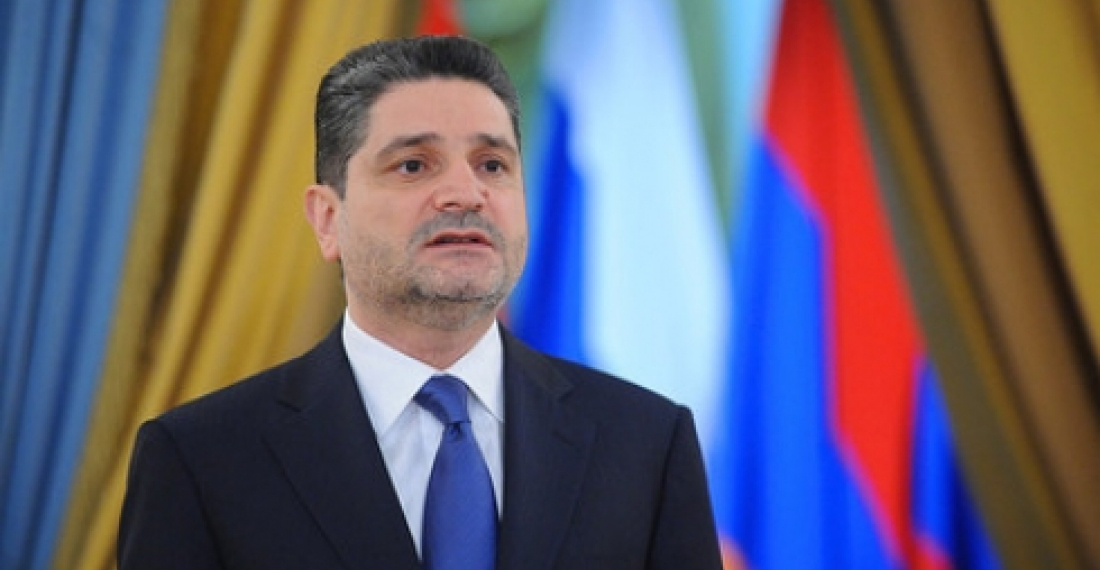Armenia strives to develop close cooperation with NATO, but CSTO remains its priority, Prime Minister of Armenia Tigran Sargsyan said in an interview with Nezavisimaya Gazeta.
The premier said that cooperation between Armenia and NATO comprises several elements: technical assistance of NATO in modernization of Armenian Armed Forces, training programs for Armenian servicemen, participation in joint projects. "But this cooperation is insignificant as compared to our partnership programs within the CSTO. Armenia's cooperation with NATO and CSTO is at qualitatively different levels. Of course, we strive to establish good relations with NATO, but we have no 'deep targets' in this cooperation. CSTO is our priority. The Russian military base in the territory of Armenia is the best evidence of our preferences, especially that we extended its deployment in 2010," the premier said.
He said that there are already specific military industrial enterprises and research institutes operating within the Armenian-Russian close military and technical cooperation and they fulfill state orders on research and creation of arms. "There is a list of products and several research projects. For instance, production of robots applied in demining operations. We also intend to create and produce our own unmanned aircrafts. There are already finished products. We presented our developments of sapper-robots and unmanned helicopters. They are being tested currently and we must prove their advantages. We will have exact data on the efficiency of these models within the year. As soon as it is clear that their production is cheaper than import, we will launch large-scale production for the Armenian and Russian armies," the prime minister said.







